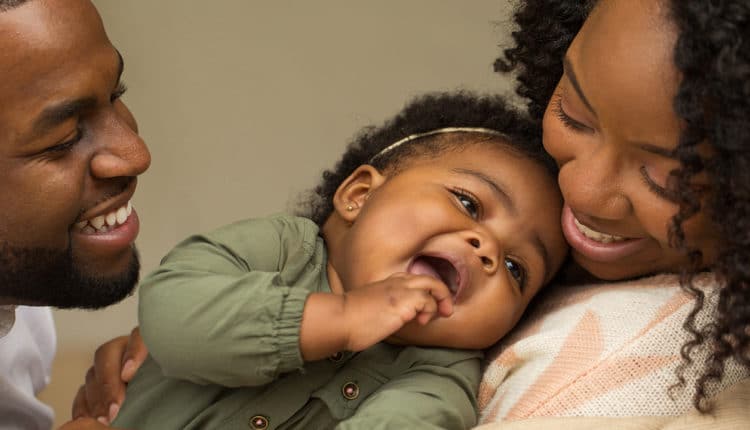 DIGITALSKILLET/ISTOCK/GETTY IMAGES PLUS
DIGITALSKILLET/ISTOCK/GETTY IMAGES PLUS
5 Ways Parents Can Care for Baby Teeth
Parents can help protect their child’s teeth even before the first tooth erupts—around 6 to 9 months.
Parents can help protect their child’s teeth even before the first tooth erupts—around 6 to 9 months. And once those baby teeth make their appearance, establishing a morning and nightly toothbrushing routine is essential to keeping oral hygiene at the front of mind. Here are 5 ways parents can help care for the primary dentition.
1. Take care of those gums.
Parents should wipe their baby’s gums after each feeding (both bottle and/or breastfeeding) with a damp washcloth or clean moist gauze pad. The first tooth should also be wiped twice a day after feedings.
2. Baby bottles
Because early childhood caries can occur from frequent exposure to drinks that contain sugar, parents should not let their baby fall asleep with a bottle filled with formula, juice, or milk. Sending a baby to bed with a bottle filled with water, or a pacifier, are more mouth-friendly alternatives.
3. Nonnutritive sucking
Long-term sucking on pacifiers, fingers, or a bottle for nonnutritive purposes after the age of 3 can impair a child’s orofacial development. Parents can receive helpful advice from their oral health professional on how to break the habit.
4. Establish a dental home
A parent or caregiver should schedule the baby’s first dental visit after the first tooth erupts and no later than 12 months of age.
5. Brushing and flossing
Once the first tooth erupts, parents should brush their child’s teeth twice a day with fluoride toothpaste (a smear for children younger than 3). Flossing should be incorporated into the routine once two teeth are touching.
Use the share buttons below to share these tips with your friends and colleagues!

